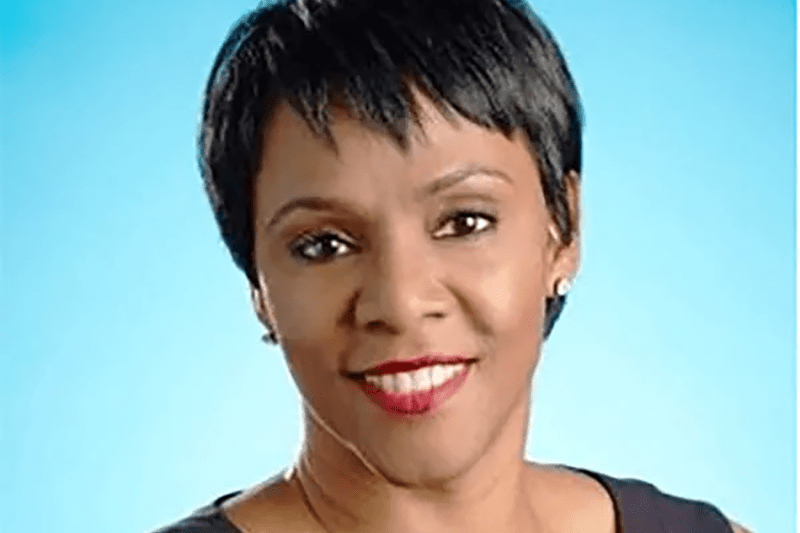This post was written by Scarlett Abraham Clarke, Former Bright Horizons Senior Director, Diversity and Inclusion.
Some years ago, a woman told me about a pleasant first meeting she had with the father of a boyfriend – a man of a different ethnicity.
He explained his comfort with her this way. “You act like the rest of us.”
Let that marinate for a minute.
“You act like the rest of us.”
This is often what passes for inclusion – the acceptance of a black or brown person because they feel familiar; because their background, mannerisms, dress, or education – or perhaps merely because of their willingness to acclimate – makes their presence comfortable. As if the message is, “They were almost white.”
But let’s be clear: that is not inclusion.
Inclusion isn’t just making room for people; it’s creating a safe space for them. It’s freeing them of the job of layering on different personas for work and home so they don’t have to sit in the car before work to put away that part of themselves that colleagues don’t relate to or understand.
As a brown woman, I can’t help but bring my whole self to work. Like anyone else, I am my culture and heritage and my history. And I’m honored by that; not just to wear it myself, but to share it with my children and my colleagues; to be who I am inside and out, wherever I am, at all times.
I expect the same from and for my colleagues – to be able to realize the experience of truly bringing their whole selves to work.
But not everyone is so fortunate. Some people have to hide. And if you haven’t had to do that at work, let me tell you, it’s not benign. It’s exhausting; it makes it impossible to do your best thinking. Imagine if the baseline for all of your ideas is having to hide the most visible sides of yourself – who you are – to appease others?
Inclusion is what we need to strive for. And leadership has to set the tone by asking the hard questions:
Are we open to healthy debate and fearsome conversations about things that make people uncomfortable?
Are we willing to hear voices of dissent in the company – and amplify them?
How can we provide trainings that answer the question, what does inclusion mean?
What can we do to help our people be introspective enough to recognize unconscious bias and why they gravitate to the people that they do?
How can we measure and hold the company accountable for progress in promotions, hiring, and retention?
How are we faring among diverse populations?
And perhaps most important, how can we do better?
I feel very privileged to work in a place that’s asking those hard questions. As a result, I’m genuinely able to be Scarlett at all times. I would explode on the inside if I couldn’t be. And knowing that there are people who don’t have that ability makes me sad to the point of tears. Which is one of the many reasons I do the work that I do.
What I know is that as we move forward in this space, we need to rethink what it means to be inclusive. It’s not patting ourselves on the back for accepting people who remind us of us; it’s welcoming and engaging people who are nothing like us. That requires all of us to check ourselves, our behaviors; to ask ourselves, why am I reacting to this person one way, and that other person another? To look at our circle of trust and ask if they all look like us.
Getting there requires that we continue the frank conversations under leadership that honors that commitment.
That is the work we’re doing right now. That’s what we’re fighting for. For all of us to be able to ascend in our careers being exactly who we are.





